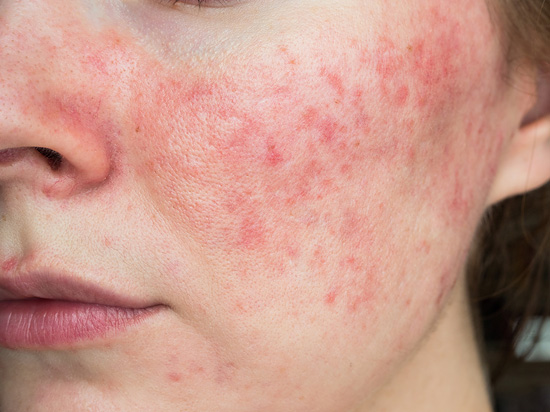


Rosacea is a chronic , inflammatory skin condition that manifests most commonly as skin sensitivity associated with flushing in the central part of your face, and inflammatory bumps. Often misdiagnosed as Eczema, left untreated the worse it can become. While Rosacea can be a frustrating and persistent condition it is manageable.
Anything that causes your Rosacea to Flare is called a “Trigger ” and differs from person to person, so it is Important for you to recognize them. By understanding your “Triggers”, following a consistent skincare routine and seeking professional guidance you can significantly improve your skin’s appearance and reduce flare ups.
Symptoms of Rosacea:
Some Hidden Trigger flareups, or understanding your unique triggers to keep your Rosacea under control.
Also, Studies have shown that Rosacea tends to run in families, suggesting a genetic predisposition.
To learn more about the treatments and skin care products to treat Rosacea offered at Kiki Skin & Body Spa call for a consultation.
Your Skin will feel and look Soothed and Healthy.